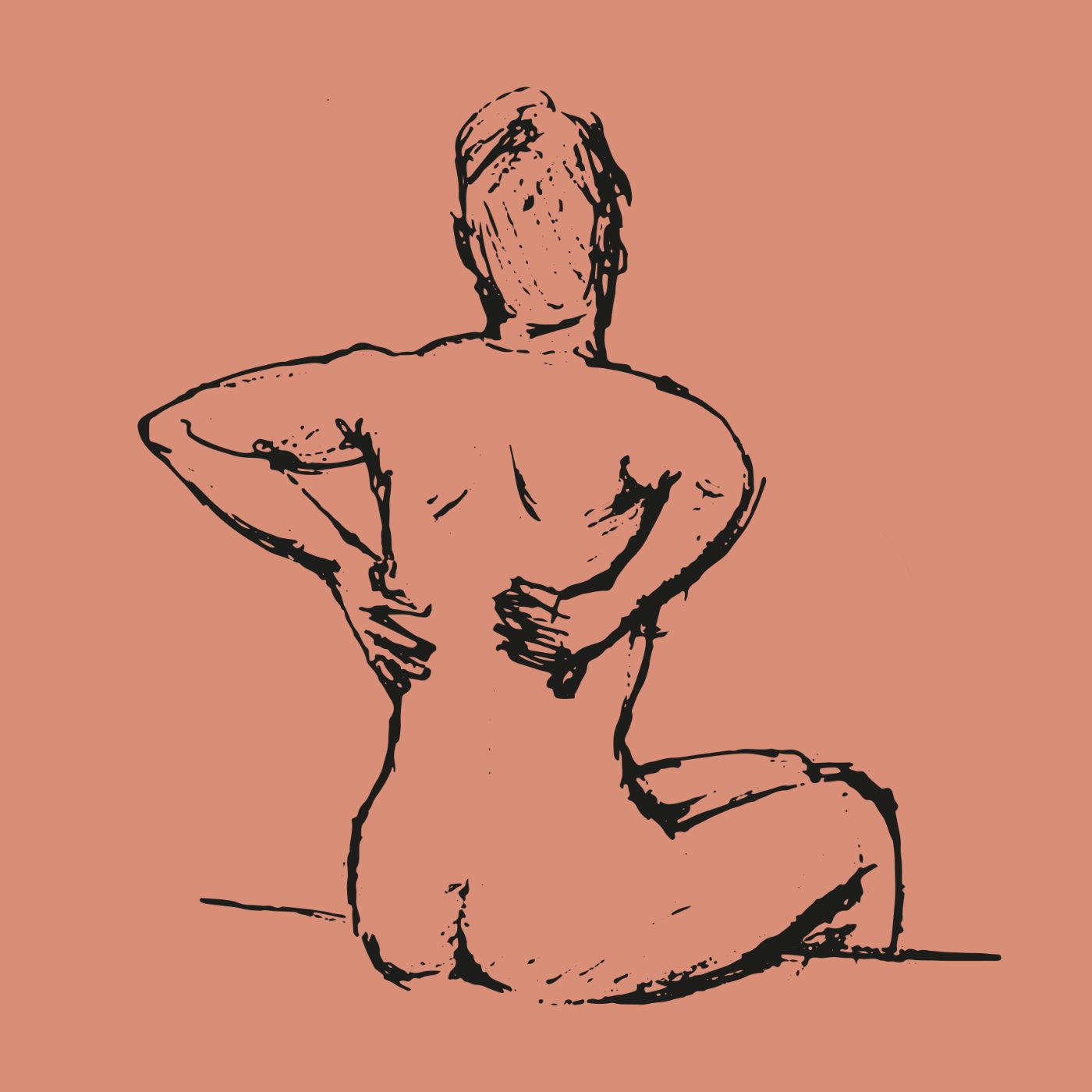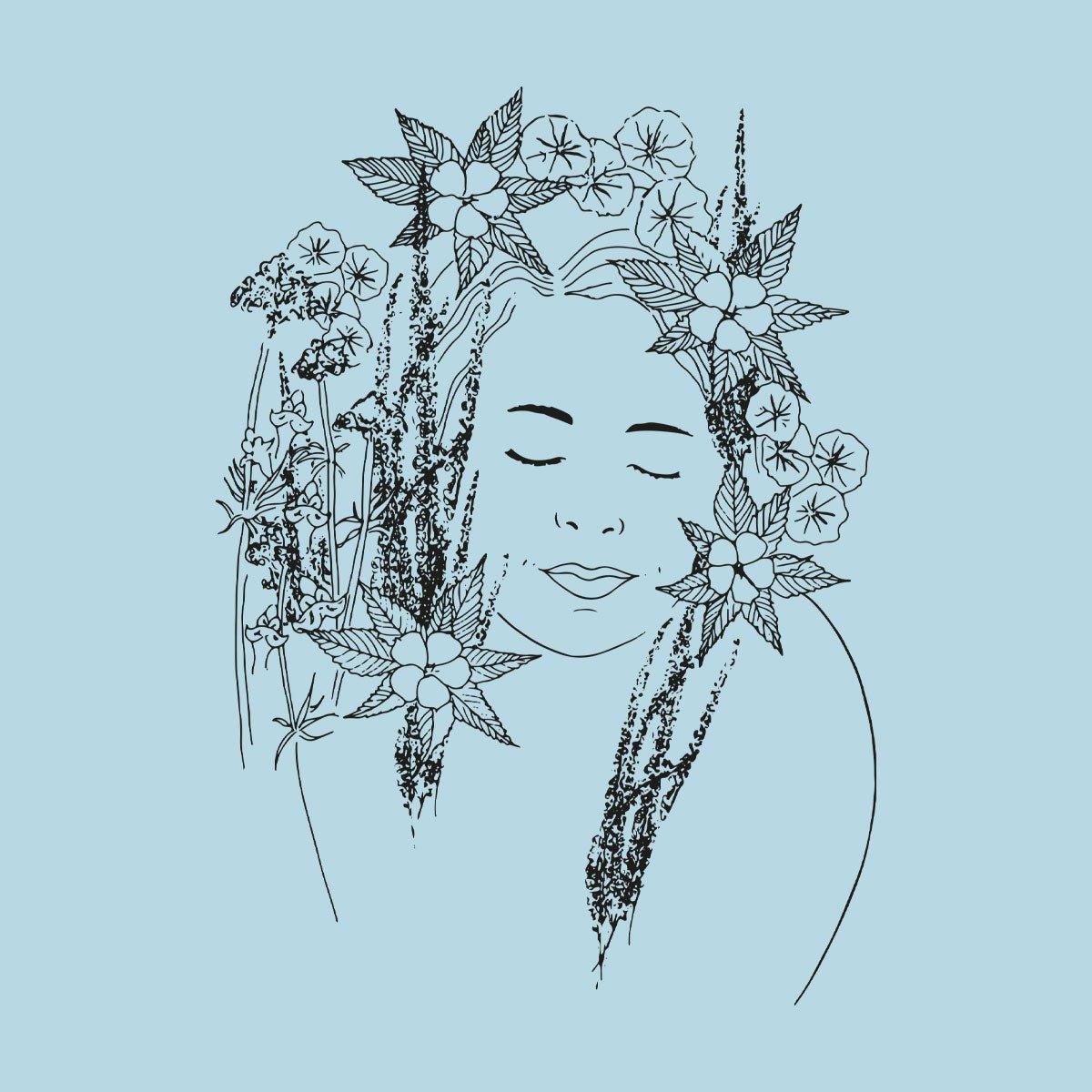Table of Contents
Table of Content

Here's a question that might seem simple: what temperature is your bedroom right now?
You've probably never thought much about it. Yet research shows that bedroom temperature is one of the most powerful - and most overlooked - factors affecting how well you sleep.
Why Temperature Matters More Than You Think
Your body's core temperature naturally drops as you prepare for sleep, signalling to your brain that it's time to rest. This decrease in body temperature is essential for initiating sleep and maintaining restorative sleep stages throughout the night [1]. When your bedroom is too warm, it works directly against this natural cooling process.
Research has found that excessively warm bedroom temperatures can decrease time spent in restorative slow-wave sleep and REM sleep, leaving you feeling unrested even after a full night in bed [1]. Studies also show that being too warm affects sleep more negatively than being too cold [3].
Temperature regulation is particularly important for staying in restorative, slow-wave sleep stages - the phases where your body does its deepest rest and repair work [6].
Finding Your Sleep Temperature Sweet Spot
Most sleep researchers recommend keeping bedroom temperatures between 15.6°C to 20°C, with many experts suggesting 18.3°C as an ideal starting point [2]. However, the "perfect" temperature is personal and depends on your bedding, sleepwear, and individual comfort.
One fascinating study found that people could sleep comfortably in rooms varying by as much as 10 degrees—as cold as 8°C or as warm as 18°C - when they had heavier duvets, but needed rooms between 17°C to 22°C with lighter bedding [4].
The key finding? Participants slept well as long as they could maintain a temperature of 30°C to 33°C in their actual bed, creating what researchers call a "microclimate" [4].
Three Steps To Optimise Your Sleep Temperature
1. Start With The Room, Then Layer
Set your bedroom thermostat to around 18°C (65°F) and adjust gradually based on comfort. Lower the temperature by 2-3 degrees at a time rather than making dramatic changes [7]. Use breathable bedding and appropriate layers to fine-tune your personal sleep environment.
2. Take A Warm Bath Before Bed
Taking a warm bath or shower 1-2 hours before bed helps lower your core body temperature afterward, as your body naturally cools down following the warmth [7]. This temperature drop sends a powerful signal to your body that it's time to sleep. For added benefit, pair your bath with our calming magnesium-rich CBD bath salts and soothing aromatherapy sleep mist.
3. Keep Your Bedroom Well-Ventilated
Proper air circulation helps maintain consistent temperature and prevents stuffiness that can disrupt sleep [5]. Open a window slightly if weather permits, or use a fan to keep air moving gently through your space.

Tonight's Invitation
Check your bedroom temperature this evening. If it's above 20°C (68°F), experiment with lowering it a few degrees or removing a layer of bedding. Notice how you feel when you wake tomorrow morning.
Your body already knows what temperature helps it rest - you're simply creating the conditions for that natural wisdom to work.
References:
-
Harding EC, et al. "The Temperature Dependence of Sleep." Frontiers in Neuroscience, 2019. https://www.frontiersin.org/journals/neuroscience/articles/10.3389/fnins.2019.00336/full
-
Sleep Foundation. "The Best Temperature for Sleep." Updated July 2025. https://www.sleepfoundation.org/bedroom-environment/best-temperature-for-sleep
-
Silver N, Johnson T. "Best Temperature to Sleep." Healthline, updated October 2024. https://www.healthline.com/health/sleep/best-temperature-to-sleep
-
Sleep Foundation. "How Bedroom Temperatures and Bedding Choices Impact Your Sleep." November 2023. https://www.sleepfoundation.org/sleep-news/bedroom-temperatures-and-bedding-choices-affect-sleep
-
Xiong J, et al. "Associations of bedroom temperature and ventilation with sleep quality." Science and Technology for the Built Environment, 2020.
-
Drerup M, Cleveland Clinic. "What's the Best Temperature for Sleep?" November 2021. https://health.clevelandclinic.org/what-is-the-ideal-sleeping-temperature-for-my-bedroom
-
Ramos AR, WebMD. "Best Temperature For Sleep." February 2024. https://www.webmd.com/sleep-disorders/features/cant-sleep-adjust-the-temperature




